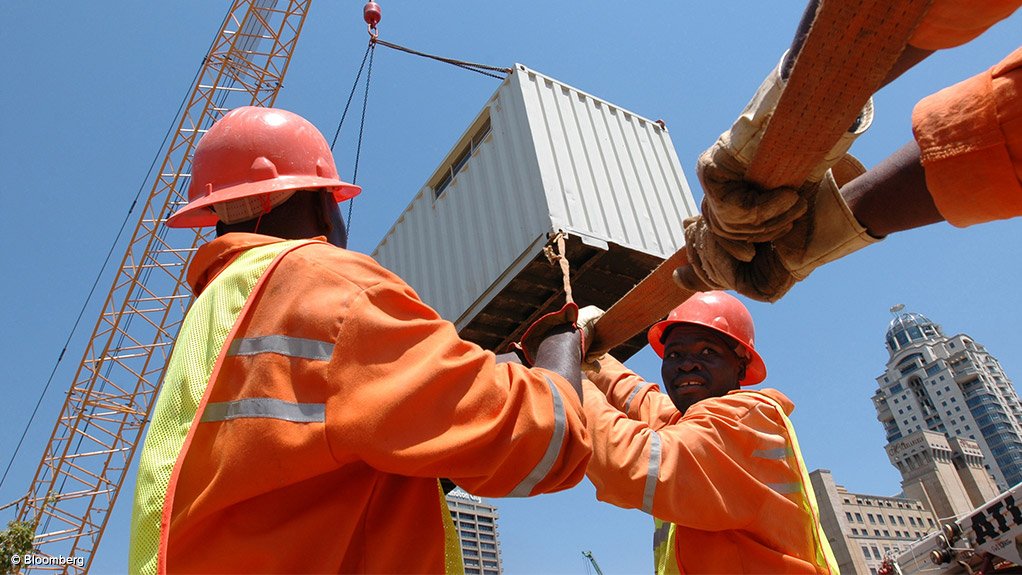Public-private partnerships (PPPs) were needed for Africa to succeed in its infrastructure development plans, panel discussion members at the Totally Concrete and African Construction expos, in Sandton, stressed on Tuesday.
Speaking as part of the panel, Nigerian Institute of Civil Engineers national chairperson Saliu Lawal said while it was clear that government and the private sector had to work more closely together, the responsibilities of the parties involved had to be more clearly defined.
He said government had to provide an enabling environment for the private sector to deliver projects, while the private sector had to ensure that the necessary funds and expertise were available for these projects.
Meanwhile, Kenya Vision 2030 director of enablers and macro-reforms Jonathan Lodompui stated that it was also important, that when entering into PPPs government understood that the private sector was looking for bankable projects with commercial value through which they could make returns for their shareholders.
Gauteng Partnership Fund CEO Boni Muvevi, who also formed a part of the panel, added that it was important that government realised its limitations and recognised where the private sector could perhaps add more value.
Lodompui also touched on this, stating that “government must be willing to recede some ground”, which might include having a lesser shareholding in a specific project to allow the private sector to drive the development.
Government also had to create a functional legal framework to regulate the partnership, he said.
PPC South Africa head of business development Happy-Girl Buthelezi added that clear and visible policy was also important to enable investors to plan according to the risk associated with a specific country.
Meanwhile, Aurecon South Africa East Africa regional director Paris Marques said the private sector had to spend time on understanding the pressure governments were under, internal government processes and what government needed, stating that investors from China were known for being efficient in this regard.
He said South African companies often believed they knew enough about a certain country’s operating regime after a limited amount of meetings and that much more should be done on engagement.
TRUST
Panel chairperson Concrete Society of Southern Africa CEO John Sheath also posed the question to the panel of whether the trust situation between government and the private sector had improved.
Muvevi said there had been an improvement in South Africa, however, that there had to be an honest broker involved in each project to ensure that a PPP culminated in a win-win situation.
Arup South Africa special projects director Ric Snowden agreed with this, noting that an “independent referee” was needed to manage PPPs.
Meanwhile, Lawal said Nigeria also had trust problems in the past; however, the local government was currently working on addressing these.
“In Nigeria we found that corruption was at the base of the issue, at the base of the mistrust,” he said.
Buthelezi stated that, as infrastructure projects were usually long-term and the players and market might change during the project duration, a clearly defined project scope and list of roles and responsibilities could help eliminate mistrust between the parties involved.
She added that performance guarantees also had to be set up and, should all else fail, the legal system should have the ability to come in and solve the matter.
EMAIL THIS ARTICLE SAVE THIS ARTICLE
To subscribe email subscriptions@creamermedia.co.za or click here
To advertise email advertising@creamermedia.co.za or click here











